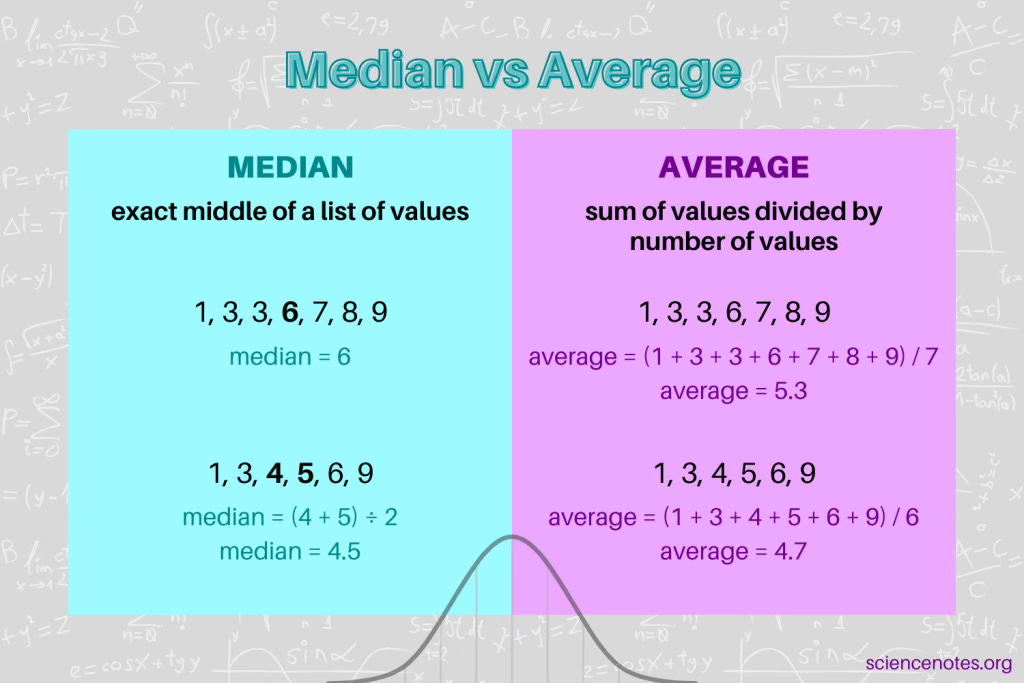What Should Be Required to Become a Politician?
Anyone can enter politics and make decisions that affect millions, and you can do so without any proof of your knowledge, skills or capabilities. You can call a meeting and claim, ‘Only I can fix it.’ If enough people believe you, you will get hired.
Apart from our beloved narcissistic maniacs and their dubious moral compasses, we have politicians who are not up to the job. A good heart says little about your capabilities.
A friend of mine worked as a civil servant for the government in Sweden. She was asked to write a primer on the European Union for a politician about to assume a high-profile job in Brussels. Her Head of Department sent it back to my friend several times: ‘This is still too difficult for XX.’
But what if you had to pass a test before entering politics?
Many have to pass tests to be hired, so why not politicians?
One group that is rigorously tested before landing a job, is the civil servants in Brussels.
A civil servant in Brussels
To become a civil servant to the European institutions you need to go through a long and hard selection process.
Many practice for these tests for years, and many fail — I did.
Firstly, you have to pass computerised tests in verbal, numerical and abstract thinking.
Within 90 seconds you must draw the right conclusions based on a complex statement. ‘What are the conditions for making a complaint to the Ombudsman? In which way are the oceans overexploited?’
Just as quickly, you have to combine different figures and calculate the ratio of the Netherlands' GDP to that of Finland.
After that, you will be given a multi-choice test in EU Knowledge or your field of expertise.
And finally, you will do a written test. You will be assessed on how well you can present your ideas in a way your audience will understand.
Politicians, however…
In contrast, politicians in the European Parliament —and any politician—get the job through an arbitrary selection process. Firstly, within their own political parties, and secondly, through elections.
So, without any real demonstration of competence, politicians make decisions on our behalf.
On a grey November afternoon, a lawmaker presses a button—and with it, shifts the course of a country or a continent. They hold referendums on EU membership, make us switch from nuclear toward wind and solar, and set conditions for whom and how many get to enter our borders.
Locally, politicians decide on how well Granny will be taken care of, how frequently the trams and buses run, and whether your town centre is full of soul-less boxes or beautiful and welcoming.
Wouldn’t it be reassuring to know that all our honourable representatives are capable of making sound decisions on the issues that shape our lives? That they didn’t bluff or stumble their way into power? That they can not only read technical reports and scientific papers—but actually understand them, and draw the right conclusions?
Like knowing that a survey of 100,000 people carries more weight than one with just 1,000. Or understanding that correlation doesn’t imply causation. Watching a lot of TV does not cause an early death. And yes, that they realize, unlike Marjorie Taylor Greene, earthquakes are not caused by climate change.
Wouldn’t it also be reassuring to know that all our lawmakers comprehend statistics? Particularly, since they draw so much on statistics in their arguments. That they understand that a drop in the inflation rate from 6 % to 3 % does not mean lower prices? That they know the difference between average and median?
We demand years of education to become a lawyer or a doctor. A politician seldom has the same palpable impact on an individual as a doctor or a judge has. On the other hand, politicians make decisions about almost everything in our lives, decisions that may affect us for years to come.
So why should they be allowed to do that without any proof they are up to the job? Why not demand testing similar to that of civil servants in Brussels?
Yes, I know, being able to inspire and persuade is a big part of politics. So are courage, determination and stamina also matter. ‘We shall never surrender,’ Churchill said and lifted the British people through the war.
But the kind of evaluation I am suggesting would cover only the basics. It would be like an admission test to a university, justified, even for people of Winston Churchill’s calibre.
Politics, only for the educated?
Would such testing exclude less educated candidates? No, anyone could do these sets. And as with the civil servants in Brussels, you should be offered preparation tests and be able to practice as long as you need to.
Will politicians accept this?
But would any politician agree to this? Some would, especially those confident they would pass. A piece of cake,’ they might say.
We could even start by making it voluntary. Those who take the test could wear it like a badge of honour —and use it as political ammunition. ‘I took the test. What about you, Sam? Not quite up to it?’
After all, politicians often introduce programs as voluntary before making them mandatory, just like they did with child vaccinations or seat belts.
Once we gain enough support both from politicians and the public, the resistance will peter out.
In a previous article, I suggested a test to vote. If that comes to pass, politicians will find it hard to argue against them being tested, too.
Will this work?
Will such an evaluation test ‘a la Brussels’ guarantee competent politicians? Who will always make sound decisions? No. But we have a better chance of sifting the potential wheat from the obvious chaff.
------
Yet, we have a worse problem than faltering mental faculties when it comes to politicians. Among those who seek power, we find the ones who should never, ever be granted any power.
Narcissism is much talked about, but few seem to understand its implications. What are the actual consequences? And narcissism in politics is what I’ll talk to you about another time.
Thanks for reading!
Please, subscribe and follow the next episode of 'What should be required to become a politician?'
Want to find out more?
My main sources for this article:
European Personnel Selection Office
Four tips to avoid being bamboozled by political statistics and data





We could use something similar here. But what, I'm not a good judge of that.